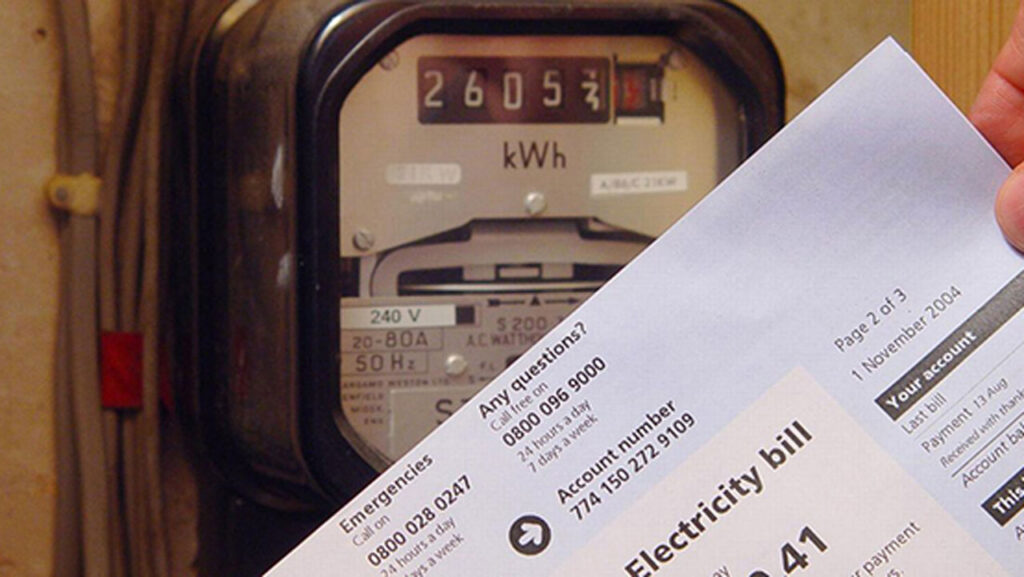
The Nigeria Extractive Industries Transparency Initiative (NEITI) has called for the tracking of Nigeria’s crude swap deals and the immediate deregulation of the petroleum sector in the country.
With Nigeria’s continual losses as a result of its controversial petrol subsidy policy, oil theft and non-functional refineries to the tune of over N30 trillion, the NEITI also demanded transparent tracking of the country’s crude swap policy, currently overseen by the Nigerian National Petroleum Company Limited (NNPC).
NEITI’s Executive Secretary, Dr. Ogbonnaya Orji, on Thursday, asserted that the ‘resource curse’ could be thoroughly dealt with through regular disclosures of extractive information in the petroleum sector.
Orji said this during the ‘Policy Dialogue on Utilisation of Beneficial Ownership Information on Crude Oil Swap Deals in Nigeria’, which was held in collaboration with ‘Policy Alert’.
According to him, the full deregulation of the petroleum sector will end the clamour for subsidy removal. Orji said there was an urgent need to make a decision on the issue.
“I wish to use this platform to draw attention to four major issues that civil society should target urgently in their advocacies and set an agenda for the incoming administration.
“The first is the urgent need to make a decision on the agitation for the removal of fuel subsidies. The full deregulation of the petroleum sector will permanently lay to rest the conversation around oil swaps.
“NEITI’s latest policy brief titled: ‘The cost of fuel subsidy: A case for policy review revealed that Nigeria spent over N13 trillion ($74 billion) on fuel subsidies between 2005 and 2021.
“The figure in relative terms is equivalent to Nigeria’s entire budget for health, education, agriculture, and defence in the last five years, and almost the capital expenditure for 10 years between 2011‑2020,” he said.
Orji said in the 12 years between 2009 and 2020, Nigeria lost N16.25 trillion to crude oil theft.
According to him, the policy has further resulted in a declining balance of payment, forex pressures and depreciation of the naira, product losses, inefficient supply arrangements-scarcity and its attendant queues.
Orji further explained that the volume of crude oil losses represents a loss of more than 140 thousand barrels per day.
He added that between 2009 and 2018, Nigeria also lost 4.2 billion litres of petroleum products from refineries valued at $1.84 billion.












